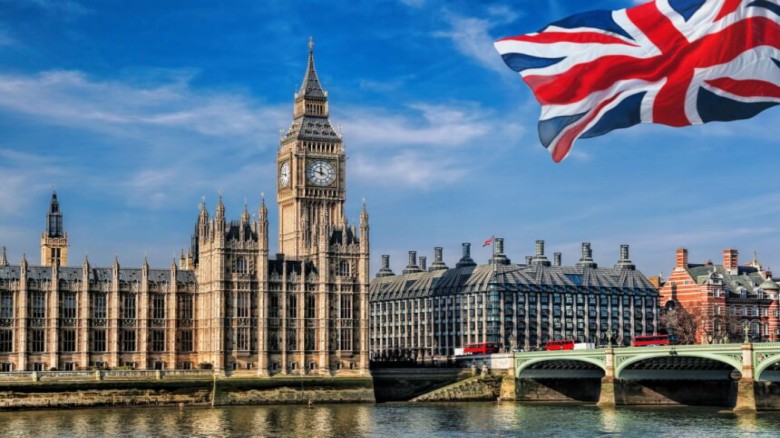EU earned €3.4m from rejected Schengen visa applications from Nigeria
According to Nairametrics, the European Union received €3.4 million from rejected Schengen visa applications filed by Nigerian individuals.According to Schengen visa statistics released on Saturday, this occurred among Nigerian visa applicants in 2023.
According to EUobserver.com, the EU governments received €130 million from refused Schengen visa applications, with African and Asian countries bearing 90% of the costs.
The survey also shows that African countries are disproportionately affected, with rejection rates as high as 40-50 percent in Ghana, Senegal, and Nigeria.
Notably, the figures do not include the expenditures of being unable to travel for business or vacation, as well as the charges for legal advice and private firms involved in visa application processing.
Marta Foresti, founder of LAGO Collective and senior visiting fellow at the Overseas Development Institute, stated, "Visa inequality has very tangible consequences, and the world's poorest pay the price".
"You may think of the expenses of denied visas as'reverse remittances'—money migrating from poor to rich countries. "We never hear about these costs when discussing aid or migration; it is time to change that," she said.The EU estimates that visa overstays account for around half of all irregular migrants in the bloc's 27 member states.
Marta Foresti, founder of LAGO Collective and senior visiting fellow at the Overseas Development Institute, stated, "Visa inequality has very tangible consequences, and the world's poorest pay the price".
"You may think of the expenses of denied visas as'reverse remittances'—money migrating from poor to rich countries. "We never hear about these costs when discussing aid or migration; it is time to change that," she said.The EU estimates that visa overstays account for around half of all irregular migrants in the bloc's 27 member states.
According to the EU Commission, more than 83,000 non-EU citizens were returned to their home countries last year, representing a 19% repatriation rate.
"Over the last year, the EU has began to utilize visa limits as a political instrument, citing Article 25a of its 2019 visa rule, which authorizes visa restrictions in countries with low rates of migrant returns.
"For instance, in April, the EU Council agreed to impose visa sanctions on Ethiopia, including a ban on obtaining visas for multiple entries into EU countries, while diplomatic and service passport holders will no longer be exempt from visa fees" , the European Union stated.
EU ministers increased the visa processing period from 15 to 45 days, citing Ethiopia's failure to cooperate in returning its people who were illegally present in EU nations.
In April, EU ministers repealed visa restrictions on The Gambia, which had been imposed in 2021, when the country's migrant return rate improved from 14% in 2022 to 37% in 2023.
However, visa rejection is a phenomena known as'reverse remittances,' according to an investigation shared with EUobserver. These payments are non-refundable, regardless of the application's outcome.
Morocco and Algeria have the highest number of visa applications to the European Union.
The overall data reveals that rejection rates for short-term tourist visas to Europe and the United Kingdom are higher for applicants from low- and middle-income nations.
In April, EU ministers repealed visa restrictions on The Gambia, which had been imposed in 2021, when the country's migrant return rate improved from 14% in 2022 to 37% in 2023.
However, visa rejection is a phenomena known as'reverse remittances,' according to an investigation shared with EUobserver. These payments are non-refundable, regardless of the application's outcome.
Morocco and Algeria have the highest number of visa applications to the European Union.
The overall data reveals that rejection rates for short-term tourist visas to Europe and the United Kingdom are higher for applicants from low- and middle-income nations.
The EU stated, "The cost of Schengen visa rejections in 2023 reached €130 million, up from €105 million in 2022.
"The rejection rate is expected to rise in 2024, as the EU visa application fee for adults will increase from €80 to €90 on 11 June, following a recent decision by the EU Commission."
Meanwhile, the UK raised £44 million (€50 million) in rejected visa fees.
























Leave A Comment